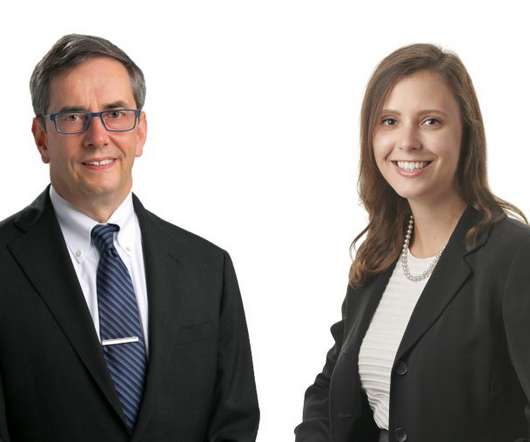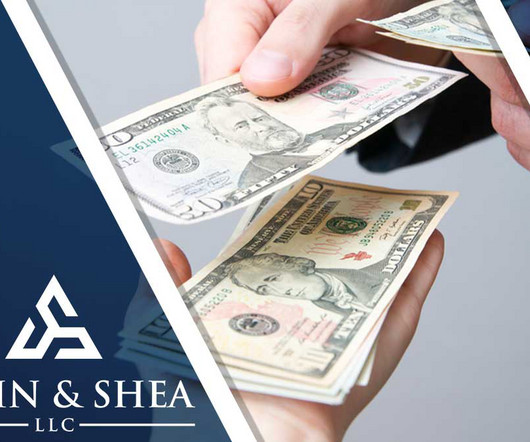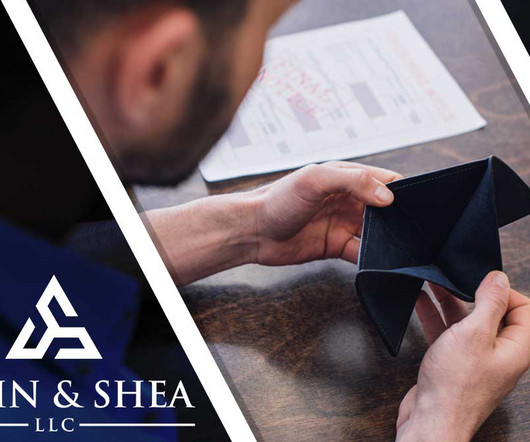What Is Nonexempt Property In Bankruptcy, And Why Does It Matter?
Debt Free Colorado
JANUARY 27, 2022
They will sell them and use the revenues to pay for the bankruptcy’s fees , charges, and expenditures before paying creditors. The Trustee confiscates your bank and savings accounts when the bankruptcy order is issued. investments include cash, bank accounts, stocks, bonds, and other assets. Items found in your home.


















Let's personalize your content